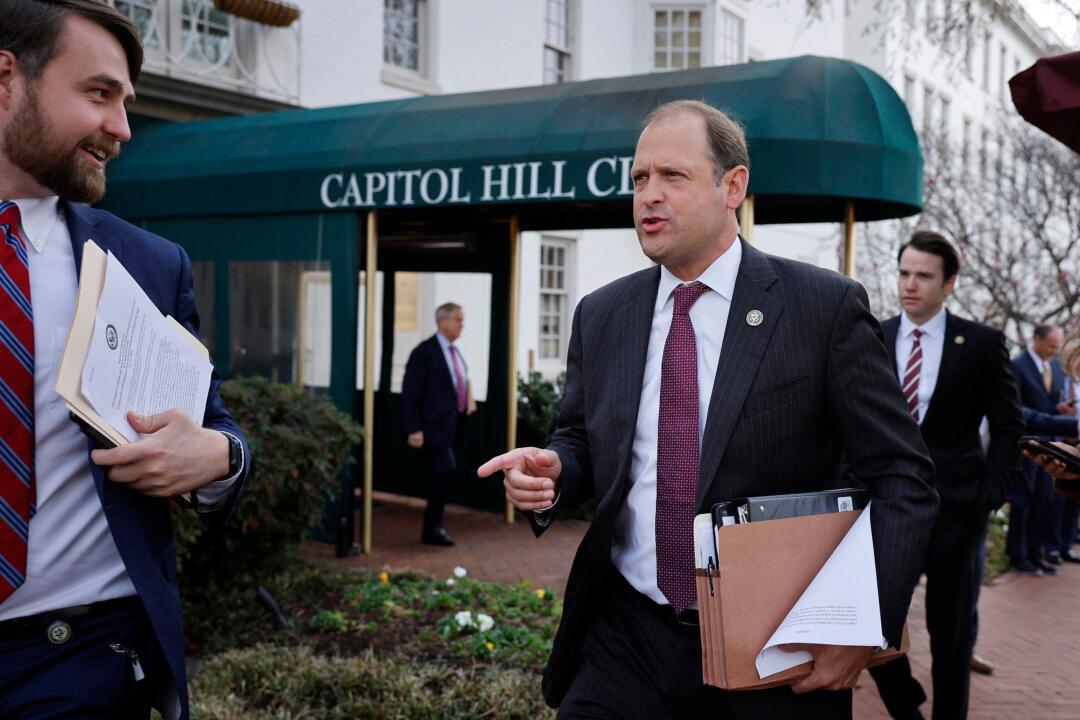The House on Feb. 28 passed a resolution by a vote of 216-204 disapproving of a Department of Labor (DOL) rule allowing retirement plan managers to take environmental, social, and governance (ESG) considerations into account when making investment decisions.
The investment plan for retirement funds that collectively invest $12 trillion on behalf of 152 million Americans has been criticized by Republican lawmakers who claim the DOL regulation “politicizes” investing by allowing fund managers to pursue liberal causes.





